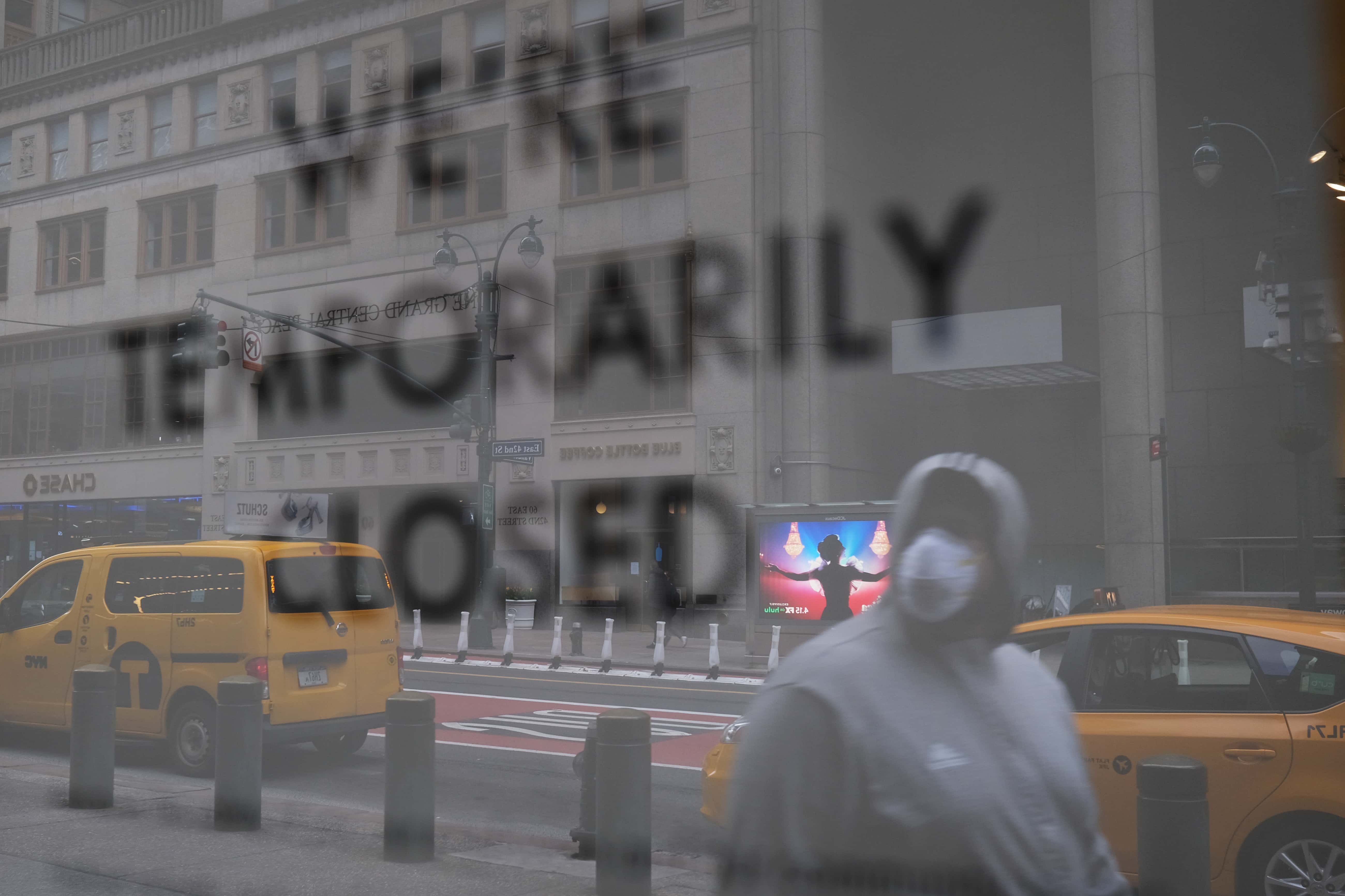Microsoft, Facebook, Visa among top 25 US pandemic profiteers despite severely hit economy: Oxfam study

The outbreak of the coronavirus pandemic has seriously hurt the American economy as businesses have been paralyzed and millions have been rendered jobless. The poor state of affairs has even imperiled the re-election prospects of President Donald Trump as a quick economic recovery seems distant. The economic aid provided by the government is set to conclude by this month's end and with no fresh measure visible yet, the common people’s ordeal is certainly going to be worse.
But it is not a universal story for all. While millions have lost jobs and companies are fighting bankruptcy, some American firms are reaping the profits of their lives in these hard times, according to a new study conducted by Oxfam, which however has faced criticism from companies like CVS Health.
The international anti-poverty group came up with an analysis (titled 'Pandemic Profiteers Exposed') on Wednesday, July 22, that saw that 17 of the 25 top-most profitable US corporations are expected to make almost $85 billion more in the current year despite it being one of the worst moments in the economy in modern times. The companies are Microsoft, Johnson & Johnson, Intel, Facebook, Visa among others. The authors of the study were assisted by former and current tax experts from the world’s prominent accountancy firms as well as academics from several colleges in the US.
'Pandemic exposes deep inequalities'
“The Covid-19 pandemic has exposed deep inequalities and massive failures in our economic system, leaving tens of millions of people in the United States without jobs, devastating public services, and bankrupting countless small businesses,” Irit Tamir, director of the private sector department at Oxfam America, was quoted as saying by USA TODAY. “Yet at the same time, thanks to a combination of government assistance and pure luck, a handful of corporations are raking it in and making already rich shareholders even richer.”

According to the study, the 25 most-profitable big American companies have made, on an average, 11 percent higher net profits in the first six months of the current year compared with their average net profits for the same period in 2016. But some are set to make profits much bigger than the average. Microsoft is likely to make 82 percent more net profit in 2020 than in 2016 while for Merck, it is 81 percent more and CVS Health, it is 61 percent more.
The study also highlighted that the companies that have done very well in terms of their business commercially amid the pandemic have taken initiatives to provide goods and services like Internet communications, medicines and various consumer products. The market capitalization of pharmaceutical firm Moderna, which is seen to be a strong contender to make the vaccine, has almost tripled since February to reach $32 billion, according to a manual that used its share price, the TODAY report added.
Profits for the few do not make the scene rosy
The scenario is vastly opposite in case of the smaller companies. The Oxfam analysis showed that these firms have seen their profits getting halved in the first quarter of 2020 and are predicted to lose 85 percent in profits in the next. Oxfam also found that the top 25 most profitable American corporations in 2020 are set to distribute 99 percent of net profits to shareholders, who are overwhelmingly White and predominantly male and that will add to the inequality. Various studies have shown that the poverty rate for Black Americans is double that of Whites
"Profit is not a four-letter word, but when such dramatic and excessive profits are made during a time of global crisis and distributed to the wealthiest, the situation is not just fundamentally unjust, it is also economically inefficient," Niko Lusiani, senior adviser on corporate advocacy at Oxfam America and lead author of the analysis, said.
CVS Health has reservations with Oxfam methodology
Sources in CVS Health, however, objected to the findings. Michael DeAngelis, senior director of the company’s corporate communications told MEA WorldWide (MEAWW) over email: “As a leading health care innovation company, CVS Health has a responsibility to provide essential health services, programs and solutions in response to the COVID-19 pandemic. Our success as a company is a direct result of how we are helping customers, patients and clients during the current health crisis.”
He added: “However, Oxfam’s methodology to calculate the expected increase in our net profits in 2020 from the previous four years’ average is flawed and its resulting conclusions are incorrect.” According to DeAngelis, Oxfam failed to define a baseline to compare the year-over-year financial performance. He said the adjustments that CVS Health made in its financial statements (2016-19) for material business, legislative, legal and other impacts that were publicly disclosed were not accounted for in the organization’s calculations.
“As a footnote in its own report indicates, Oxfam’s “profitability estimates” for CVS Health did not take into account our acquisition of Aetna toward the end of the four-year base period it used, which significantly distorted Oxfam’s calculations,” he said.
“Oxfam’s projection of our “expected” 2020 earnings used a methodology that assumes no changes in business trends and that all other factors are consistent from year to year. This rarely happens and did not happen in the first quarter of 2020, during which consumers stocked up on supplies in the early days of the pandemic, resulting in a well-documented surge in our retail and prescription sales in March. Subsequent stay-at-home and shelter-in-place orders significantly reduced customer traffic in our stores, so basing a full-year projection on one atypical quarter does not yield an accurate or meaningful result,” DeAngelis explained.